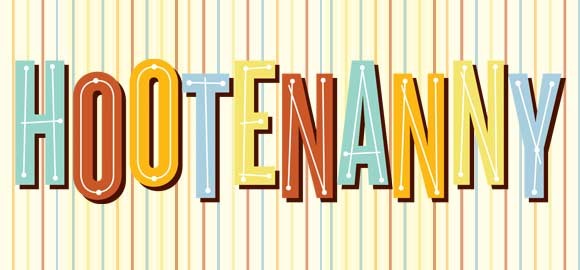
Is Texting Killing Language?
April 25, 2013
Bumbershoot? Codswallop? To gazump? The 100 funniest words in English!
August 15, 2013 You may have heard of spelling bees, which are part of the fabric of American children’s educational experience. Did you know that spelling bees are thought to date back to the early 1800s? Spelling bees are competitions where contestants are asked to spell words that become increasingly complex with each round.
You may have heard of spelling bees, which are part of the fabric of American children’s educational experience. Did you know that spelling bees are thought to date back to the early 1800s? Spelling bees are competitions where contestants are asked to spell words that become increasingly complex with each round.
Sound dull? Not at all! The most prestigious English spelling bee of them all, the Scripps National Spelling Bee, takes place this week in the Washington area. We at English With Purpose are sad that we didn’t think to get our tickets to the finals ahead of time. This year, 284 children ages 8-14 will compete for the title of National Spelling Champion.
116 of this year’s spellers are bilingual. This is an advantage, for many of the words used in the competition are words that English has borrowed from other languages.

